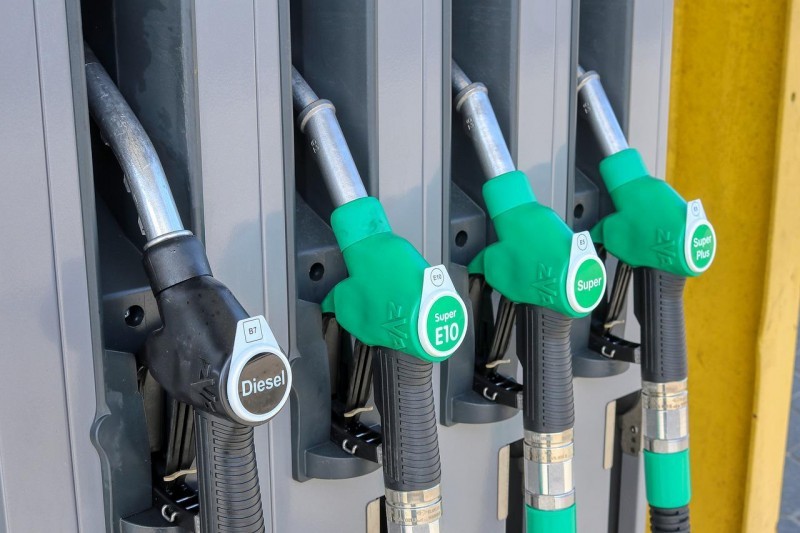
Morocco’s Gulf Allies Intend to Keep Fuel Prices High
Rabat - While many in Morocco struggle to make a living amid high fuel prices that have affected the transport of most goods, Rabat’s allies in the Middle East are, as part of OPEC+, have committed to keep fuel prices at the current level.
Current global oil prices, hovering around the $90 per barrel mark, have presented a significant challenge for many people around the world trying to make a living. From giant multinational businesses to self-employed taxi drivers, the high cost of energy and fuel are cutting into bottom lines, delaying production, and raising prices on most basic commodities.
In Morocco this trend has expressed itself in many troublesome forms. The price of printing this year’s textbooks has risen, fuel prices are painfully high, the price of bread and fresh vegetables has increased. It’s hard not to have been impacted by the current global context.
OPEC’s impact
While many look towards a conclusion of the Ukraine war or a boost in global production as a means to lower fuel prices, others are looking for ways to keep the current prices. OPEC+, the Organization of the Petroleum Exporting Countries and Russia, this week indicated they are willing to cut production as needed, in order to keep oil prices high.
Some of the most powerful members of OPEC, the United Arab Emirates and Saudi Arabia, are actively working to ensure oil prices do not fall amid concerns that a global economic contraction is likely to depress demand, which would result in lower oil prices.
While many countries, notably the US, have pleaded with OPEC+ to boost production in order to lower oil prices, the oil cartel has chosen to do the opposite. This week, the group of major oil-producing nations chose to implement a minor symbolic production cut of 100,000 barrels a day.
Stable market
For OPEC members, the current high oil and gas prices are nothing but good economics, funding their state projects and efforts to diversify away from oil over the coming decades. For oil-importing countries, the news means high oil prices are likely to continue to contribute to economic hardships and dwindling food currency reserves.
While the coming OPEC production cut in October is only minor, the news led to a jump in oil prices, especially after Russia in the same week shut down its Nord Stream gas pipeline to Europe. This market reaction was likely celebrated in Riyadh and Dubai, providing further evidence of OPEC’s ability to influence global oil prices as it desires.
For Moroccans, such news means that current fuel and energy prices are likely to continue, especially as Morocco imports 90% of its energy needs from abroad.
Ironically, the only thing that could bring relief in terms of lower fuel prices, is if further bad news emerges about a coming global economic crisis that would drive down demand for oil.
Source: Morocco World News.
